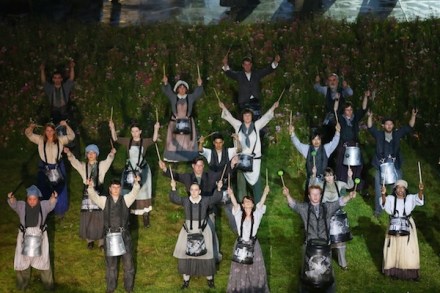The first Division – Peter Hook’s Unknown Pleasures
A good book about popular music will always give you a new appreciation of the records. Joy Division bassist Peter Hook’s Unknown Pleasures, just published in paperback by Simon & Schuster, might do just that, though perhaps not in the way the author intended: Joy Division’s music, never an easy listen, becomes almost unbearably intense once you fully understand the mental and physical suffering endured by vocalist Ian Curtis during its creation. By the last few months of the group’s career, in 1980, Curtis was balancing band life with the demands of a wife and baby daughter, conducting an unconsummated affair with a Belgian journalist and frequently having epileptic fits on



















